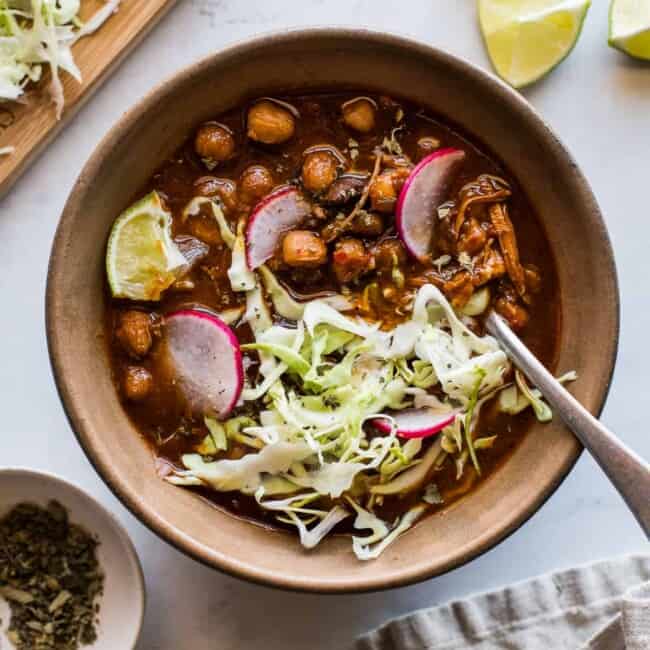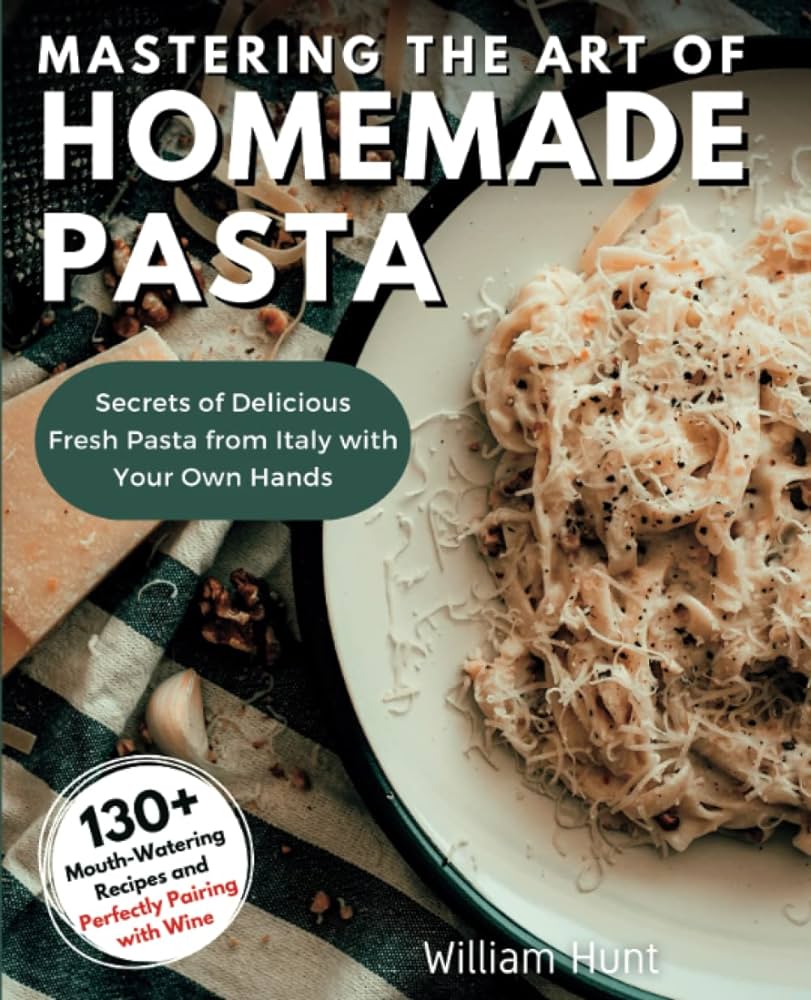The correct spelling of Kitchen is K-I-T-C-H-E-N. The kitchen is a fundamental part of any home, serving as a space to prepare meals, share conversations, and create lasting memories.
This essential room combines functionality with aesthetic appeal, offering a hub for culinary exploration and family gatherings. Whether you enjoy experimenting with flavors or simply savoring comforting homemade dishes, the kitchen provides a canvas for creativity and nourishment. From the soothing aroma of freshly brewed coffee to the sizzle of vegetables frying in a pan, the kitchen stimulates the senses and fosters a warm, inviting atmosphere.
Embracing the latest culinary trends or opting for timeless traditions, the kitchen remains a space where culinary delights come to life.
Table of Contents
Importance Of Properly Spelling Kitchen
Properly spelling the word “kitchen” may seem like a small matter, but it holds significant importance in effective communication. Whether you are writing an article, a business email, or a social media post, using correct spelling enhances your credibility and ensures your message is understood correctly. In this section, we will explore the role of spelling in effective communication, the impact of misspelling on understanding and credibility, and how you can avoid spelling errors.
Role Of Spelling In Effective Communication
Spelling plays a crucial role in effective communication as it is the foundation of written language. Accurate spelling enables readers to understand your message without any confusion or misinterpretation. When you spell words correctly, your content becomes more readable and engaging, allowing your audience to focus on the substance of your message rather than being distracted by spelling mistakes.
Impact Of Misspelling On Understanding And Credibility
Misspelling the word “kitchen” or any other word can have a detrimental impact on both understanding and credibility. When words are spelled incorrectly, it can lead to confusion and misunderstanding among readers. They may struggle to decipher the intended meaning, which can create frustration and hinder effective communication.
In addition, frequent spelling errors can diminish your credibility as a writer or a professional. Spelling mistakes may give the impression of carelessness or a lack of attention to detail, eroding trust in the accuracy of your content. Ensuring correct spelling not only enhances comprehension but also helps establish your reputation as a knowledgeable and reliable source.
How Spelling Errors Can Be Avoided
While spelling errors are common, there are several strategies you can employ to avoid them and ensure your written content is accurate and error-free. Here are some effective ways to minimize spelling mistakes:
- Proofread your work multiple times, paying close attention to spelling and grammar.
- Use spell-check tools and software to identify and correct spelling errors.
- Read your content aloud to catch any misspelled words that may have been overlooked visually.
- Consult dictionaries and style guides to verify the correct spelling of words.
- Ask a trusted colleague, friend, or editor to review your work for spelling errors.
By incorporating these practices into your writing routine, you can significantly reduce the chances of misspelling the word “kitchen” or any other word, ensuring your content remains polished and professional.
Commonly Misspelled Words Related To Kitchen
Proper spelling is essential in any form of communication, and the kitchen is no exception. However, some words related to the kitchen tend to be commonly misspelled. Understanding the correct spelling of these words can help you avoid embarrassing errors and present yourself as a knowledgeable individual.
Differentiate Between “kitchen” And “kitchin”
One of the most common misspellings related to the word “kitchen” is the variation “kitchin.” It’s important to note that “kitchin” is an incorrect spelling and should not be used. The correct term is “kitchen,” which refers to the cooking area in a house or a restaurant.
Proper Spelling Of “utensil,” “appliance,” And “cookware”
When it comes to kitchen tools and equipment, three words that are frequently spelled incorrectly are “utensil,” “appliance,” and “cookware.” Here’s how you should spell these words:
- Utensil: This word refers to any tool or implement used for cooking or eating. It is spelled U-T-E-N-S-I-L.
- Appliance: An appliance is an electric or mechanical device used in the kitchen. Remember to spell it A-P-P-L-I-A-N-C-E.
- Cookware: Cookware refers to the pots, pans, and other utensils used for cooking. Make sure to spell it C-O-O-K-W-A-R-E.
Common Errors With Words Like “refrigerator” And “microwave”
Two common kitchen appliances that are frequently misspelled are “refrigerator” and “microwave.” Here’s the correct way to spell them:
- Refrigerator: This essential appliance for keeping your food fresh should be spelled R-E-F-R-I-G-E-R-A-T-O-R.
- Microwave: The handy device for heating up your meals quickly is spelled M-I-C-R-O-W-A-V-E.
By understanding the correct spelling of these commonly misspelled words related to the kitchen, you can enhance your written communication skills and demonstrate your expertise in all things culinary.
Tips To Improve Kitchen Spelling
Having strong spelling skills is essential in the kitchen, whether you’re following a recipe, writing a grocery list, or simply jotting down ideas. Accurate spelling not only enhances your communication but also instills confidence in your culinary endeavors. If you want to enhance your kitchen spelling, here are a few helpful tips:
Read Cookbooks And Recipe Blogs To Expose Yourself To Correctly Spelled Words
Immerse yourself in the world of culinary literature by reading cookbooks and recipe blogs. These resources are not only a treasure trove of delectable recipes but also a wellspring of correctly spelled kitchen-related words. As you peruse these sources, pay close attention to the spelling of ingredients, techniques, tools, and dish names. By exposing yourself to properly spelled words, you can begin to internalize the correct spelling patterns and reinforce your kitchen vocabulary.
Flashcards are a fantastic way to engage in active learning and improve spelling skills. To enhance your kitchen spelling, create flashcards featuring kitchen-related words that frequently pose a challenge to you. Write the word on one side of the flashcard and the correct spelling on the other. Spend a few minutes each day reviewing these flashcards, testing yourself on the correct spelling of various kitchen terms. This interactive learning method will help you commit the correct spellings to memory, making them readily accessible when you need them most.
Utilize online Spelling Tools To Check For Errors
In today’s technology-driven world, online spelling tools are invaluable resources for improving your spelling skills. These tools can quickly point out misspelled words and suggest accurate alternatives. Whenever you’re writing a grocery list, jotting down a recipe, or drafting a blog post about your culinary adventures, make use of these online tools. Simply copy and paste your text into the tool, and it will automatically scan for spelling errors. By incorporating this step into your writing process, you can catch and rectify any mistakes, ensuring your kitchen-related content is polished and error-free.
Food Terminology And Spelling
If you’ve ever ventured into the world of cooking, you’ll know that proper food terminology and spelling are vital for effective communication and understanding. Whether you’re reading a recipe or discussing culinary techniques, knowing the correct terms can make all the difference. In this blog post, we’ll delve into some common words and phrases that often trip people up, including the difference between “dessert” and “desert,” as well as the nuances between “aisle” and “isle.” So, let’s dive right in and clear up these language ambiguities!
Commonly Misused Words Like “dessert” And “desert”
When it comes to sweet treats, the spelling of “dessert” can sometimes cause confusion. Many people mistakenly spell it as “desert,” which actually refers to a barren, sandy landscape. To help you remember the difference, think of the double “s” in “dessert” representing the “sweet” nature of this delectable course. So, the next time you want to indulge your taste buds with a luscious treat, make sure to spell it as “dessert,” not “desert.”
Differences Between “aisle” And “isle”
Another pair of words that often gets mixed up is “aisle” and “isle.” Though they sound alike, their meanings are quite distinct. So, let’s shed some light on their differences. An “aisle” refers to a passageway or corridor, typically found in grocery stores or religious institutions. On the other hand, an “isle” refers to a small island, usually surrounded by water. To help you differentiate between the two, remember that “aisle” has two consecutive vowels, just like a shopping “mall.” Conversely, “isle” is spelled with a single vowel, signaling its connection to a landmass surrounded by water.
Now that we’ve discussed these frequently confused words, you can enhance your food-related conversations with accurate terminology and spelling. Remember, using the proper words not only showcases your culinary knowledge but also avoids any potential misunderstandings. So, the next time you’re discussing a mouthwatering “dessert” or navigating through an “aisle” at the grocery store, you can feel confident in your linguistic skills!
Importance Of Proofreading In The Kitchen
When it comes to creating content for the kitchen, whether it’s recipes, cooking tips, or product reviews, it’s crucial to ensure that your content is error-free and polished. A simple spelling mistake or grammatical error can not only affect the credibility of your work but also hinder the clarity and understanding of the information you are trying to convey. This is where the importance of proofreading in the kitchen comes into play.
Proofreading Techniques To Catch Spelling Mistakes
Proofreading is a crucial step in the content creation process, especially in the kitchen where accurate information is essential. To catch spelling mistakes, here are some effective techniques and tips you can implement:
- Read your content out loud: Reading your content aloud can help you identify spelling mistakes and grammatical errors that might go unnoticed when reading silently.
- Take a break and revisit: After writing your content, take a short break before proofreading. This allows you to come back with fresh eyes and a clearer perspective.
- Use spell-checking tools: Utilize the spell-checking feature in your word processing software or use online tools like Grammarly to automatically highlight spelling mistakes and suggest corrections.
- Refer to kitchen dictionaries and resources: Keep kitchen-related dictionaries and resources handy to ensure accurate spelling of ingredients, cooking techniques, and equipment.
- Ask for feedback: Consider getting a second opinion from someone with knowledge in the kitchen or a fellow writer. They can spot errors that you may have overlooked.
Benefits Of Having A Second Pair Of Eyes To Review Your Work
Having a second pair of eyes to review your kitchen-related content can provide numerous benefits. Here’s why:
- Improved accuracy: A second reviewer can catch errors and typos that you might have missed, resulting in a more accurate and error-free piece of content.
- Enhanced clarity and readability: Different people have different perspectives and reading styles. A second reviewer can identify areas that might be confusing or require further explanation, ultimately improving the clarity and readability of your content.
- Fresh insights and suggestions: Another reviewer can provide fresh insights and suggestions for improvement, bringing a new perspective to your work.
- Reduced workload: Sharing the proofreading responsibilities with someone else can help distribute the workload and ensure that the content is thoroughly checked.
When it comes to proofreading kitchen-related content, there are several tools and resources you can utilize to ensure accuracy and professionalism. Here are a few examples:
| Tool/Resource | Description |
|---|---|
| Grammarly | An online writing assistant that not only checks for spelling mistakes but also helps improve grammar, punctuation, and style. |
| Kitchen dictionaries | Specialized dictionaries that focus on culinary terms, helping you ensure accurate spelling and usage. |
| Thesaurus | Thesauruses can help you find alternative words and phrases to improve your writing style and vocabulary. |
| Style guides | Style guides like the Chicago Manual of Style or the AP Stylebook provide rules and guidelines for consistent and professional writing. |
By utilizing these tools and resources, you can ensure that your kitchen-related content is error-free, engaging, and demonstrates your expertise in the culinary world.

Credit: www.isabeleats.com
Frequently Asked Questions Of How Do You Spell Kitchen
How Do You Spell Kitchen And Pronounce It Correctly?
To spell kitchen correctly, start with the letter ‘k’, followed by ‘i’, ‘t’, ‘c’, ‘h’, ‘e’, and ‘n’. Pronounce it as “kitch-uhn”.
Are There Any Common Misspellings Of The Word Kitchen?
Yes, common misspellings of kitchen include “kictchen,” “kichan,” and “kitcen. “
What Is The Origin Of The Word Kitchen?
The word kitchen originated from the Old English word “cycene,” which means “cooking place. ” Over time, it evolved into the modern term “kitchen. “
What Does The Word Kitchen Refer To?
The word kitchen refers to a room or area where food is prepared and cooked.
Conclusion
Correctly spelling the word “kitchen” is vital for effective communication. By understanding its correct form and using it appropriately, you can convey your message clearly in written as well as verbal interactions. So, whether you’re cooking up a storm or discussing your favorite recipes, remember to spell “kitchen” correctly to ensure accurate and professional communication.



